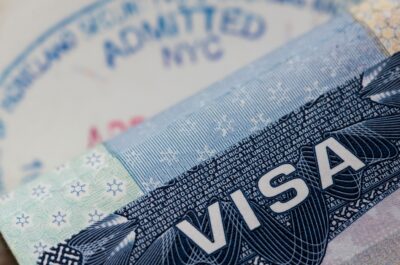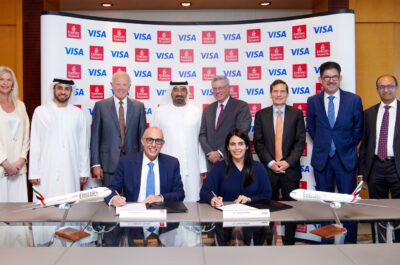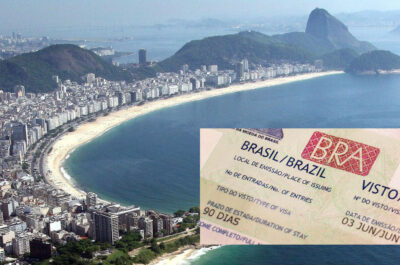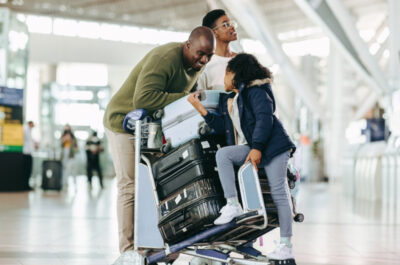European Commission Vice-President Siim Kallas, responsible for transport, participated in the 7th rail business forum "Strategic Partnership 1520" in Sochi, Russia. Vice-President Kallas seized this opportunity to lead fruitful discussions on the way forward to boost East-West rail traffic towards Russia and China and to spur modal shift on these routes…

European Commission Vice-President Siim Kallas, responsible for transport, participated in the 7th rail business forum "Strategic Partnership 1520" in Sochi, Russia. Vice-President Kallas seized this opportunity to lead fruitful discussions on the way forward to boost East-West rail traffic towards Russia and China and to spur modal shift on these routes.
"Rail freight traffic between the EU and its Eastern neighbours is expected to soar by over 30% between 2007 and 2020. More and better connections are needed and so is a strong cooperation with Russia, the third most important trading partner of the EU. Russia might also become a major transit country between the EU and China in the wake of the development of the Eurasian landbridge. Today’s discussions were a first step forward, but we still need to solve important issues."
The conference triggered a comprehensive debate over the future shape of railway transport across whole Eurasia. The main topics included regulatory and interoperability issues, the development of freight traffic on the Trans-Siberian route, the transportation charges on goods in transit and the coordination of infrastructure projects aimed at removing bottlenecks and facilitating seamless transport. In this view, Vice-President Kallas emphasized the need to enhance both the bilateral EU-Russia transport dialogue and the cooperation within international railway organisations. He also underlined the contribution the EU rail industry might play in solving existing interoperability barriers.
Participants included high-level government and railway representatives from Russia, the Commonwealth of Independent States, European and South-East Asian countries, stakeholders and major Russian and European transport companies.
On the margins of the event Vice-President Kallas met for the first time the newly appointed Transport Minister of the Russian Federation Maxim Sokolov, and exchanged views on the development of the EU-Russia cooperation across all transport modes. In particular, Vice-President Kallas reminded Mr Sokolov of the importance for Russia to respect its formal commitment on the phasing-out of Siberian overflight royalties, which had been a precondition for the EU’s green light for Russia’s WTO accession.
The importance of the external dimension of the EU transport policy was underlined in the 2011 White Paper on Transport "Roadmap to a single European transport area-Towards a competitive and resource-efficient transport system". Since transport is fundamentally international, the very success of the EU transport policy is linked to challenges related to the development of transport beyond the EU borders, and in particular with its neighbours. Fostering environmentally friendly transport solutions such as rail, delivering improved infrastructure connections and closer market integration with our neighbours are therefore priorities of the EU transport policy.
Theodore is the Co-Founder and Managing Editor of TravelDailyNews Media Network; his responsibilities include business development and planning for TravelDailyNews long-term opportunities.



























































































































































































































